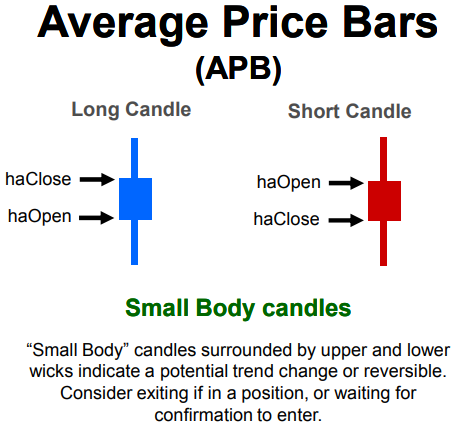The intricate and ever-evolving world of forex trading is governed by a myriad of factors that orchestrate the dance of currency values. As a seasoned forex enthusiast, I’ve learned firsthand the profound impact these factors have on the dynamics of currency markets. In this comprehensive guide, I’ll unveil the enigma that governs the valuation of foreign exchange, empowering you with the knowledge to navigate this dynamic realm.

Image: www.forexfactory.com
**Economic Fundamentals**
The backbone of a currency’s value lies in its underlying economic fundamentals. Key indicators such as GDP growth, unemployment rate, inflation, and balance of payments paint a vivid picture of an economy’s health. Strong economic growth signifies an expanding economy with higher productivity, leading to increased demand for the nation’s currency, while a weak economy can lead to a decline in currency value.
Economic policies, including monetary and fiscal policies, play a pivotal role in shaping currency valuations. Central banks influence the money supply and interest rates through monetary policy, which can impact economic growth, inflation, and ultimately, currency value. Fiscal policies, such as government spending and tax changes, also contribute to regulating the economy and can have a ripple effect on currency values.
**Political Stability**
Political stability and governance are crucial factors that influence investor confidence. A country with a stable political environment, low corruption levels, and a transparent legal system generally fosters economic growth and attracts foreign investment. This, in turn, can boost the demand for the country’s currency.
Conversely, political instability, corruption, and social unrest can erode investor confidence and prompt a decline in currency value. Investors seek stability and predictability in their investments, and political turbulence can create uncertainty, leading to a depreciation in the currency.
**International Trade**
A country’s international trade activities greatly impact its currency value. When a country exports more goods and services than it imports, it creates a trade surplus, which typically leads to an appreciation of its currency. This is because the increased demand for the exporting country’s currency from foreign buyers drives up its value.
Conversely, a trade deficit, where a country imports more than it exports, can lead to a depreciation in currency value. The excess supply of the currency in foreign markets results in a decline in its exchange rate.

Image: binaryoptionn.ir
**Interest Rates**
Interest rates set by central banks influence the flow of capital between countries. Higher interest rates tend to attract foreign investment and lead to an appreciation of the currency. This occurs because investors seek higher returns on their investments, and the promise of higher interest rates draws investment into the country, increasing demand for its currency.
In contrast, lower interest rates can lead to a depreciation in currency value. Reduced interest rates make investments in the country less attractive to foreign investors, causing a decline in demand for the currency and a subsequent devaluation.
**Currency Intervention**
Governments sometimes intervene in the foreign exchange market to influence the value of their currency. Central banks can buy or sell currencies in the open market to influence supply and demand and steer the currency towards a desired level.
Currency intervention can be used to protect against speculation and stabilize the value of the currency. However, excessive intervention can distort the market and lead to unintended consequences, such as inflation or deflation.
On What Factor Forex Value Depend
**Conclusion**
The valuation of foreign exchange is a complex interplay of economic, political, and financial factors. By understanding the influence of these factors, forex traders can gain insights into the dynamics of currency markets and make informed trading decisions.
So, if you’re curious about the world of forex trading, delve into this article and unravel the intricacies that shape the values of currencies. Let your knowledge empower you to navigate the winds of the forex market with confidence.






